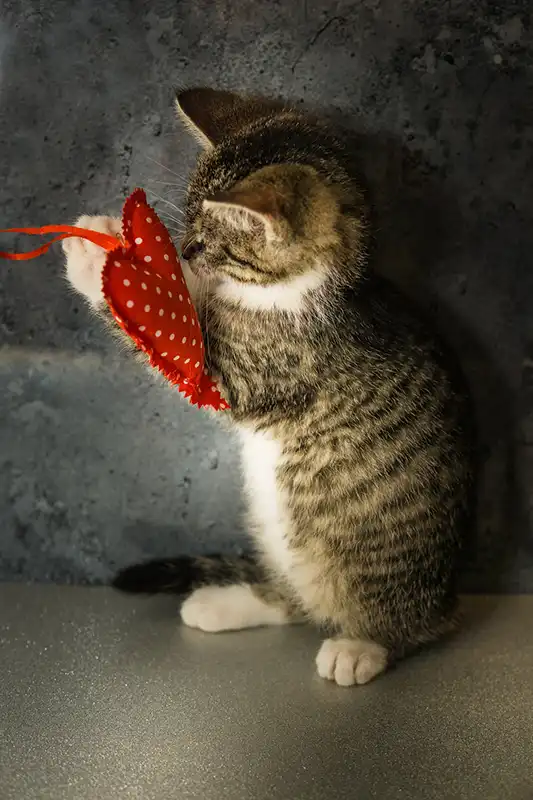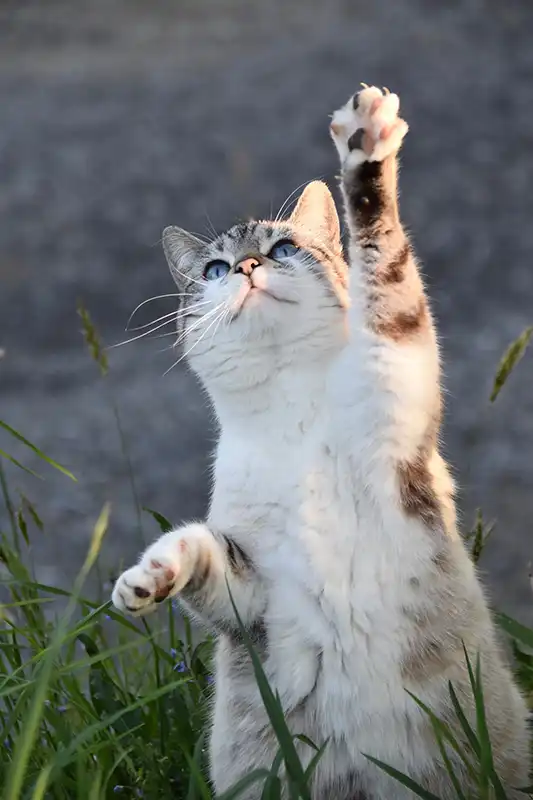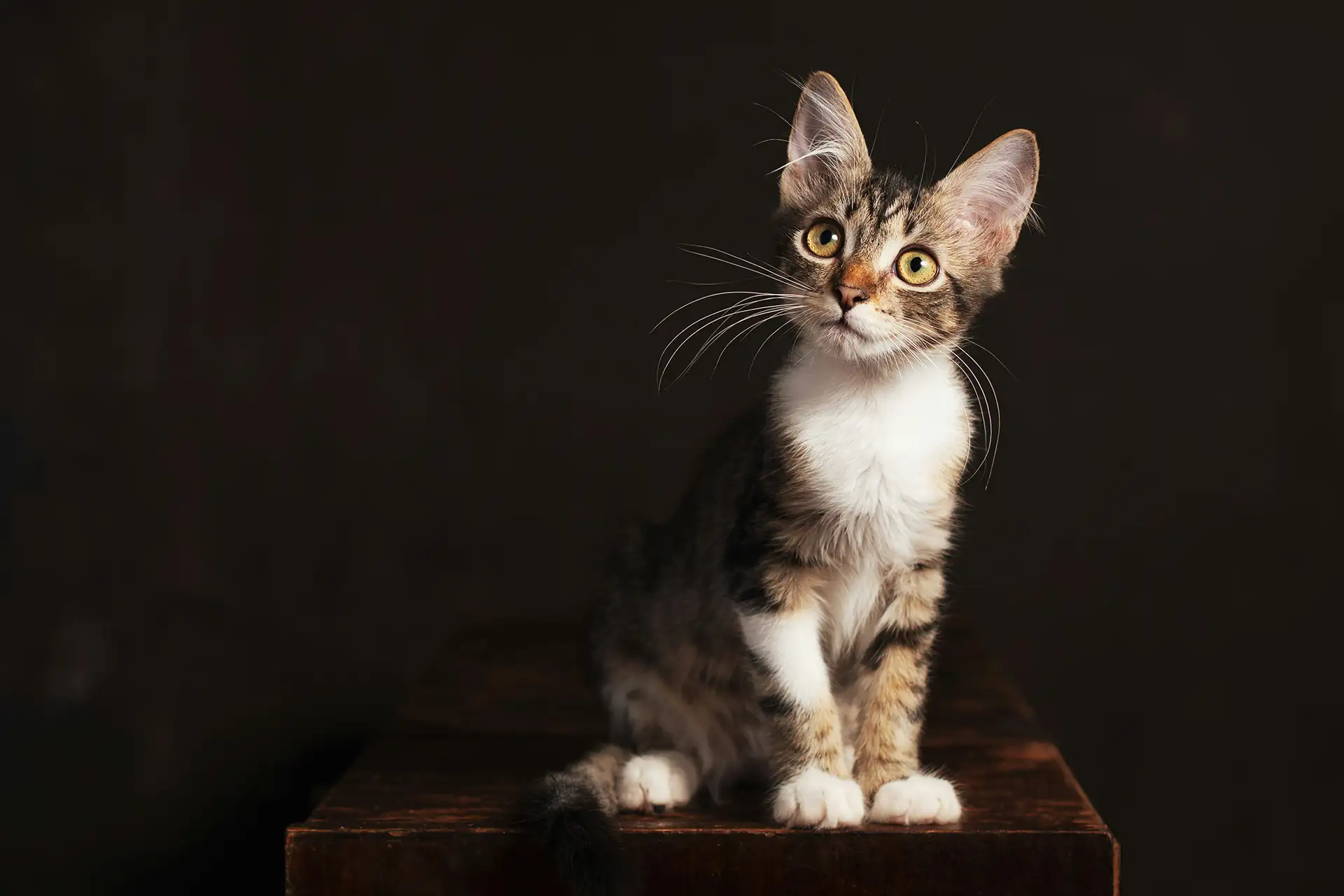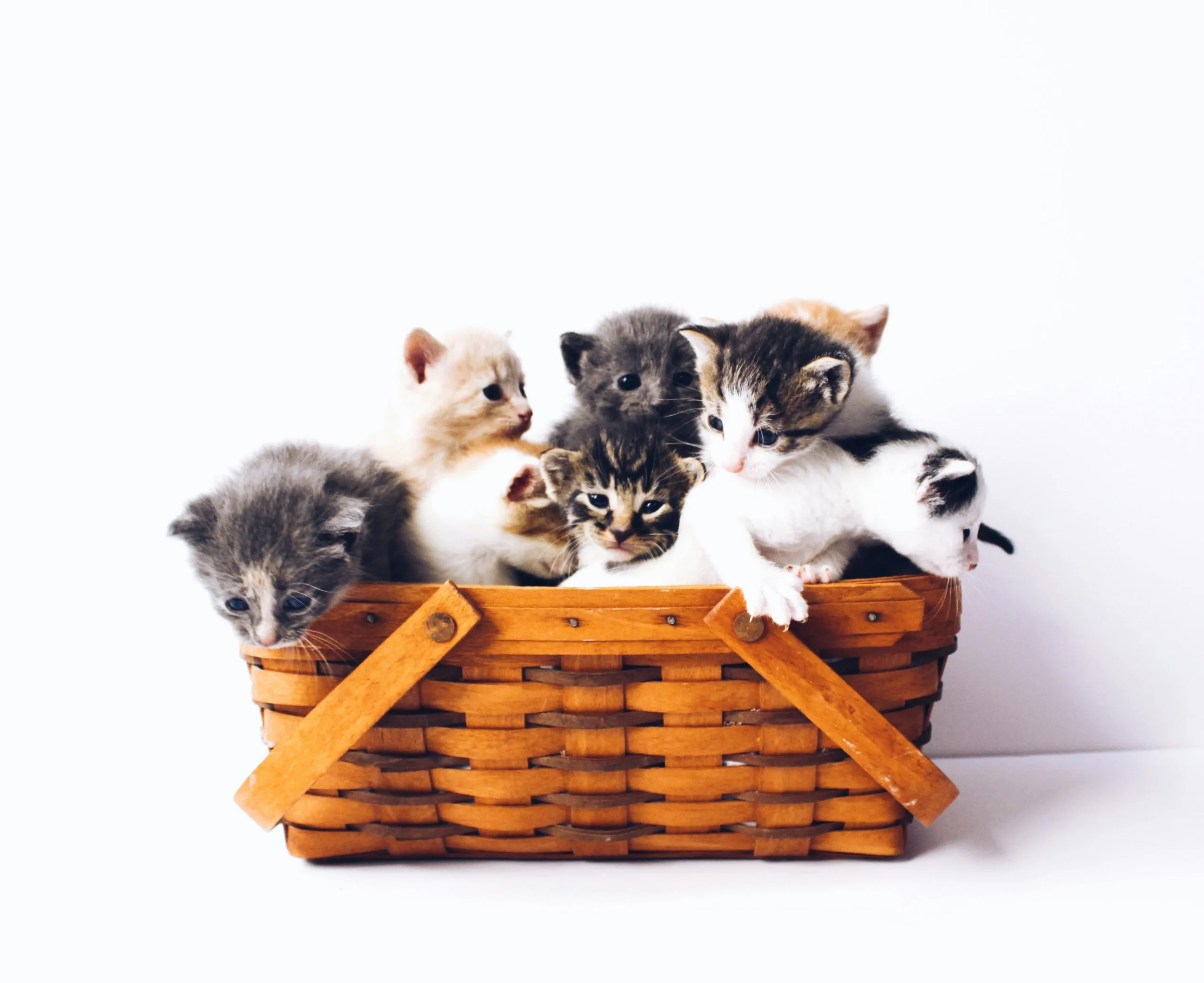Cats are often described as low maintenance, but anyone who shares their life with a feline friend knows they require love, attention, and care—especially when it comes to health. At All Cats Clinic, our experienced veterinarians in Fayetteville, AR help families in the surrounding Northwest Arkansas area understand the most common cat health problems and offer tips on how/when to address them before they become serious. Kitties have an instinctive ability to hide pain and illness, so knowing what to look for—and acting quickly—can make all the difference.
In this guide, we’ll explore the top feline health issues, share prevention strategies, and explain when to contact your veterinarian. Armed with this knowledge, you can help ensure your furry companion enjoys a long, comfortable, and healthy life.
Why Cats Hide Illness
Cats instinctively try to hide signs of illness or injury. There’s a good reason for this. In the wild, showing weakness could make a cat vulnerable to predators. That same survival instinct leads domestic cats to mask signs of illness, sometimes until the condition has progressed. Unfortunately, this means some health problems go unnoticed until they’re quite advanced. This is why annual wellness visits—or twice-yearly checkups for senior cats—are so important. These visits give our veterinary team a chance to detect subtle changes in weight, behavior, and overall health.
The Most Common Health Problems in Cats
1. Dental Disease
What it is: Plaque and tartar build-up that can progress to gingivitis and periodontal disease.
Why it matters: Untreated dental disease can cause pain, tooth loss, and allow bacteria into the bloodstream, affecting organs like the heart and kidneys.
Signs to watch for: Bad breath, drooling, swelling, difficulty eating or chewing on one side.
Prevention: Annual dental exams, professional cleanings, and at-home brushing.
2. Upper Respiratory Infections (URIs)
What it is: Viral or bacterial infections affecting the nose, throat, and sinuses. Common culprits include feline herpesvirus and calicivirus.
Why it matters: While often mild, URIs can lead to pneumonia or chronic respiratory issues in kittens or immune-compromised cats.
Signs to watch for: Sneezing, watery or cloudy eyes, nasal discharge, lethargy, and loss of appetite.
Prevention: Vaccination, reducing stress, and limiting exposure to infected cats.
3. Feline Lower Urinary Tract Disease (FLUTD)
What it is: A group of conditions affecting the bladder and urethra. In male cats, urinary blockages can be life-threatening.
Why it matters: Untreated blockages can lead to kidney failure or death within days.
Signs to watch for: Straining to urinate, frequent litter box visits with little output, blood in urine.
Prevention: Adequate hydration, stress reduction, and a balanced diet.
4. Parasites
What it is: Fleas, ticks, ear mites, and intestinal worms are among the most common external and internal parasites in cats.
Why it matters: Parasites can cause skin irritation, anemia, and digestive upset, and may also transmit other diseases.
Signs to watch for: Itching and scratching, visible fleas or flea dirt, weight loss, bloating.
Prevention: Year-round parasite prevention recommended by your veterinarian.
5. Obesity
What it is: Excess weight that increases the risk of numerous health conditions.
Why it matters: Overweight cats are more likely to develop several medical issues, such as diabetes, arthritis, and heart disease.
Signs to watch for: Difficulty grooming, decreased stamina, sagging belly fat pad.
Prevention: Portion control, regular playtime, and routine weigh-ins.
6. Chronic Kidney Disease (CKD)
What it is: Progressive loss of kidney function, especially common in senior cats.
Why it matters: CKD is irreversible but can be managed to improve quality of life.
Signs to watch for: Increased thirst and urination, weight loss, poor coat condition.
Prevention: Early detection through regular senior bloodwork.
7. Hyperthyroidism
What it is: Overproduction of thyroid hormone, often seen in older cats.
Why it matters: Can cause dangerous weight loss, heart strain, and hypertension.
Signs to watch for: Weight loss despite good appetite, hyperactivity, increased thirst.
Prevention: Routine bloodwork for cats over age 7.
Prevention: The Key to Feline Wellness
While not all illnesses are preventable, proactive care significantly reduces risk. Schedule routine veterinary exams, keep vaccinations and parasite prevention up to date, provide a balanced diet tailored to your cat’s age and health, and maintain a low-stress home environment.
Got a kitten? Read more about little Fluffy’s first trip to the doctor in this article from Spruce Pets.
FAQs About Common Cat Health Problems
How can I tell if my cat is sick?
Watch for changes in appetite, litter box habits, energy level, grooming behavior, or personality. Visit the ASPCA site here for helpful information about pet emergencies.
Should indoor cats still see the vet regularly?
Yes. Indoor cats can still develop dental disease, obesity, and other non-contagious illnesses.
When should I seek emergency care?
Difficulty breathing, inability to urinate, severe lethargy, or sudden collapse require immediate veterinary attention.
Can early detection really make a difference?
Absolutely. Catching problems early allows for less invasive treatment, lower costs, and better outcomes.
Visit Our Fayetteville, AR Veterinary Clinic for Cat Health Care
Knowing the signs of common cat health problems can help you act quickly to protect your feline companion’s well-being. If you’re looking for a vet near me in Fayetteville, AR, All Cats Clinic is here to provide comprehensive care—from wellness exams to advanced treatment. Visit our Service page here for more insight about our feline-only veterinary clinic and the services we offer.
Schedule your cat’s next checkup today and give them the gift of a healthier, happier life.
This blog is intended for informational purposes only. Always consult your veterinarian for diagnosis and treatment recommendations specific to your pet.






!Social Media Icons